
Social Media & Teen Mental Health: Usage Patterns & Impacts
Study reveals teens with mental health conditions spend more time on social media and experience more negative impacts like mood swings and social comparison. Usage differs significantly.

Study reveals teens with mental health conditions spend more time on social media and experience more negative impacts like mood swings and social comparison. Usage differs significantly.
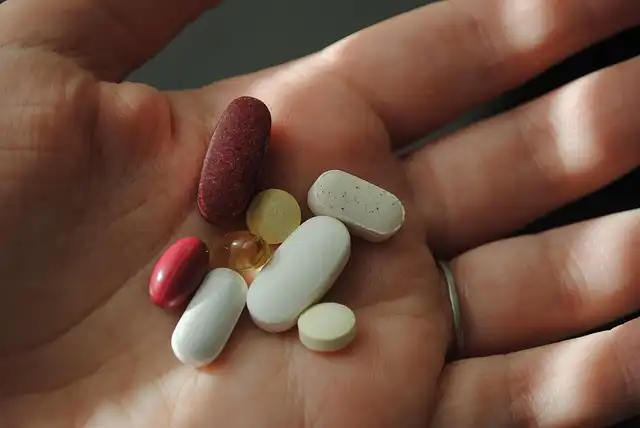
GlycoCaging delivers anti-inflammatory drugs directly to the gut, reducing dosages up to 10x compared to current IBD treatments and minimizing side effects. This targeted approach shows promise for gut infections.

Study reveals anxiety symptoms stabilize faster in teen boys than girls. Depressive symptom interactions become fixed in adults, potentially leading to treatment-resistant depression. Early insomnia persists.

A McGill University study reveals a rise in skin cancer cases in Canada (17% increase in melanoma). Increased sun exposure and lack of sunscreen use are major contributing factors. Prevention is key.

Research reveals links between personality traits (extraversion, agreeableness) and prosocial behaviors like volunteering and charitable giving. Tailored approaches can encourage community contribution.
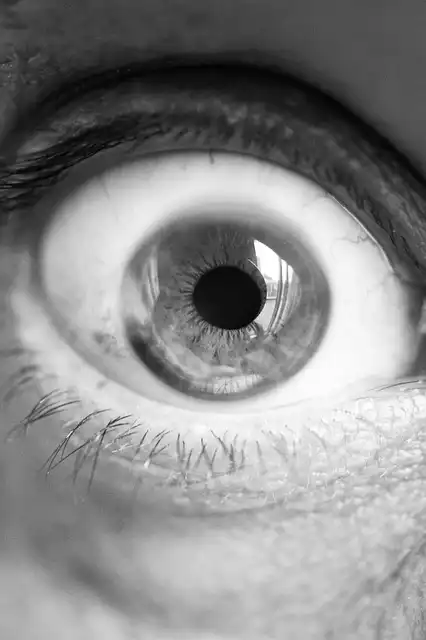
UC Berkeley researchers created 'Oz,' a laser system that manipulates photoreceptors to reveal a new, ultra-saturated green color ('olo') and explore human color vision. System allows stimulating S, M, and L cone cells.
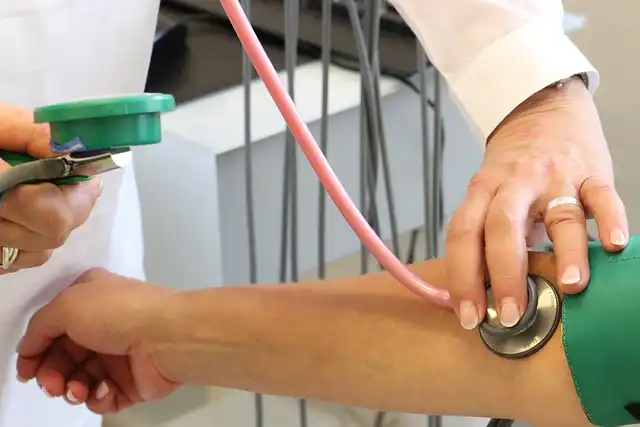
New study shows smoothed charts help physicians better manage hypertension by visualizing blood pressure data, reducing over-treatment & improving accuracy compared to raw graphs. Visual tools improve context for health data.

Research shows ATP, the cell's 'fuel', unexpectedly impacts neurodegenerative diseases like Alzheimer's & Parkinson's. ATP controls protein solubility and viscosity, preventing harmful protein aggregation. Increasing ATP may help.
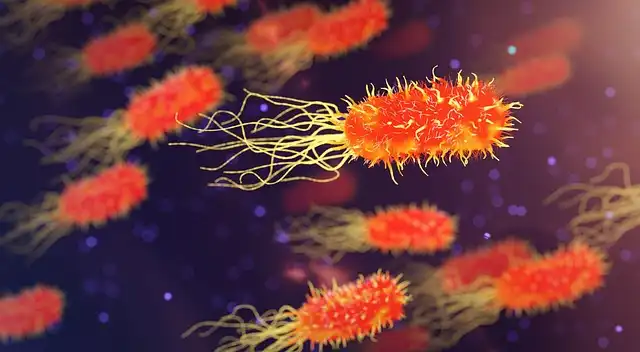
Research suggests Lyme's unique peptidoglycan lingers post-treatment, triggering chronic inflammation and long-term effects. Understanding individual immune responses is crucial for better therapies. Long COVID link explored.

Research reveals immune system over-activation in spastic paraplegia type 15. Microglia changes and killer T-cells contribute to neuronal damage, suggesting potential immune-based therapies for this neurodegenerative disease.
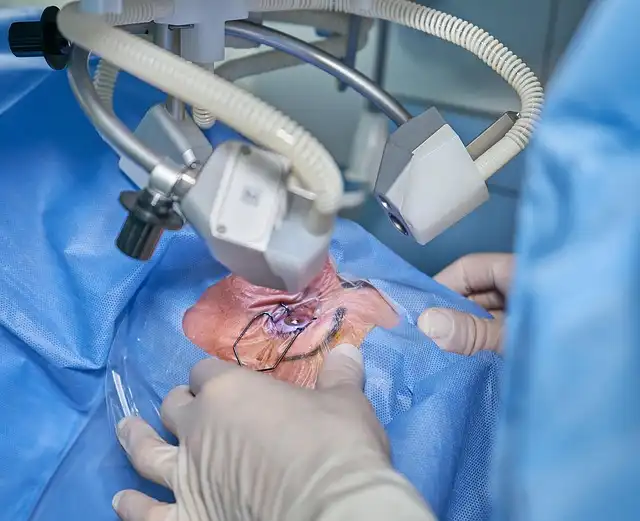
Research shows fear of vision loss can deter patients from cataract surgery, despite it being the only effective treatment. Doctor-patient trust is crucial for medical decisions. Highlights communication importance.

Research shows moderate alcohol, Mediterranean diet, strong purpose, and managing risk factors like blood pressure & stress may benefit brain health and reduce dementia, stroke, and depression risks.